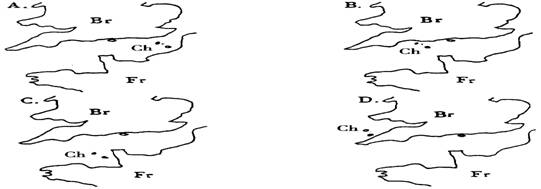0 24340 24348 24354 24358 24364 24366 24370 24376 24378 24384 24390 24394 24396 24400 24406 24408 24414 24418 24420 24424 24426 24430 24432 24434 24435 24436 24438 24439 24440 24442 24444 24448 24450 24454 24456 24460 24466 24468 24474 24478 24480 24484 24490 24496 24498 24504 24508 24510 24516 24520 24526 24534 151629
